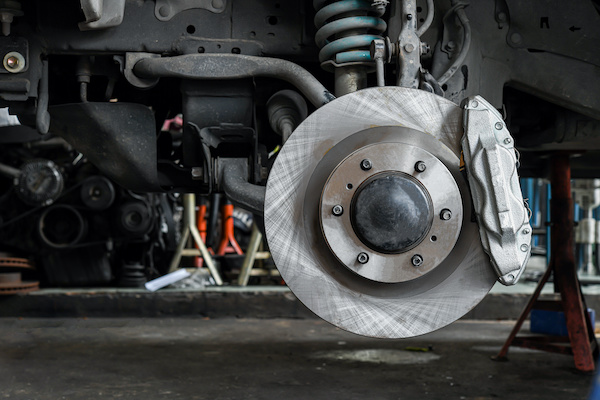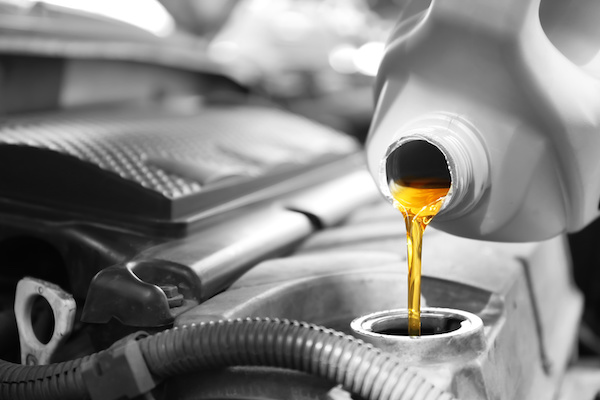Posted on 2/25/2022

There is nothing more important than securing your safety on the road by having regular brake checks and maintenance. Without brake maintenance, you risk brake fade and brake failure. One issue that is commonly found during brake inspections are sticky calipers, which often lead to vehicle pulling when the brakes are engaged. Read on to learn more about the dangers of malfunctioning calipers. Most cars have 2-4 calipers in their primary brake system. They can become sticky if the piston starts to malfunction. The piston sits inside the caliper to push hydraulic fluid into the brake system, which is necessary to engage the brake pads and rotors. Without this chain of events, your car will struggle to come to a full stop. Sticky calipers are usually caused by a leak of brake fluid from the hoses or cushion that protects the piston. As a result, you will be unable to attain effective braking and experience vehicle pulling. Other Symptoms of Sticky Calipers T ... read more
Posted on 1/11/2022

Before deciding whether or not to convert to synthetic oil or even synthetic blend, you must research beforehand. Synthetic oil is comprised of petroleum components along with organic and inorganic ingredients. These compounds are chemically engineered and are far more complex than the ones found in traditional oils. The additives in synthetic lubricants are purer and more consistent, which provide longevity between every oil change. Whereas the ingredients found in conventional oil are lower in quality, requiring more frequent oil changes. Some individuals opt for semi-synthetic blends, which have components of both conventional and synthetic lubricants. However, these are still less pure and uniform than fully synthetic oils. Did you know that more than 70% of new cars use synthetic or semi-synthetic oil than conventional oil? Most people tend to believe that synthetic oils lubricate engines more efficiently than conventional oils and synthetic blends. The ... read more